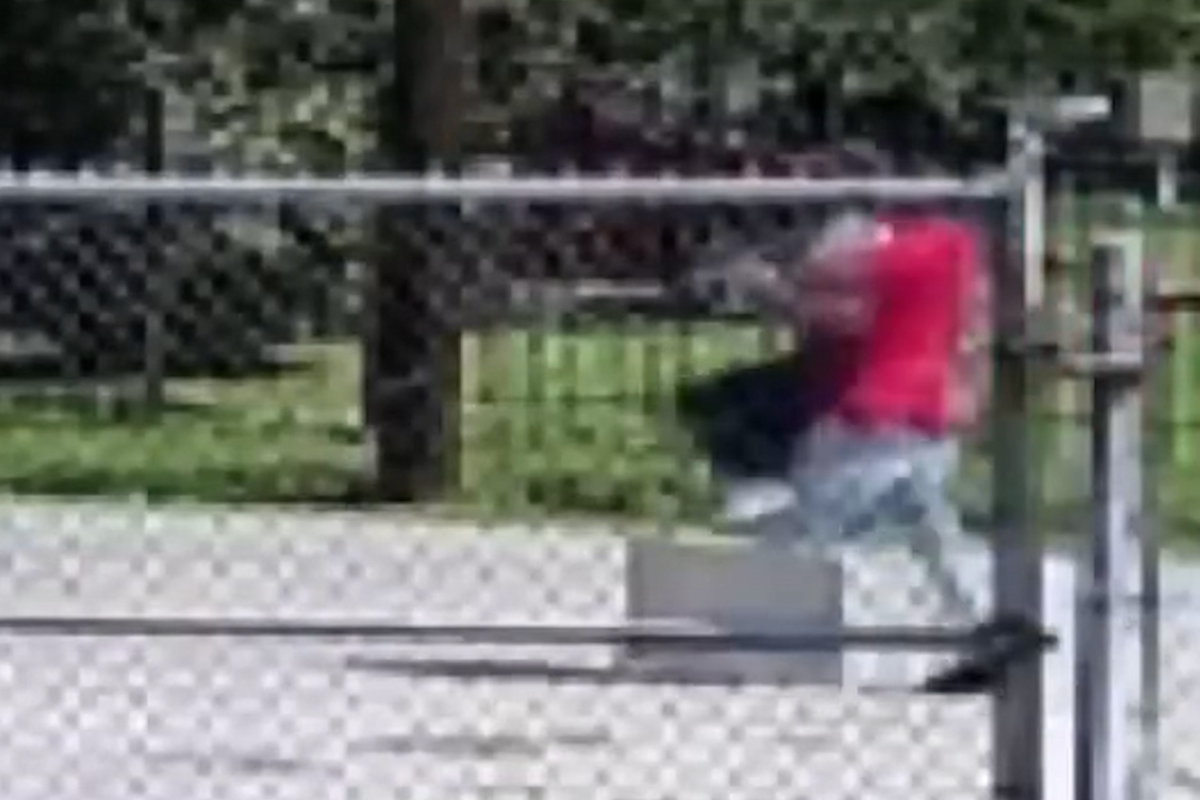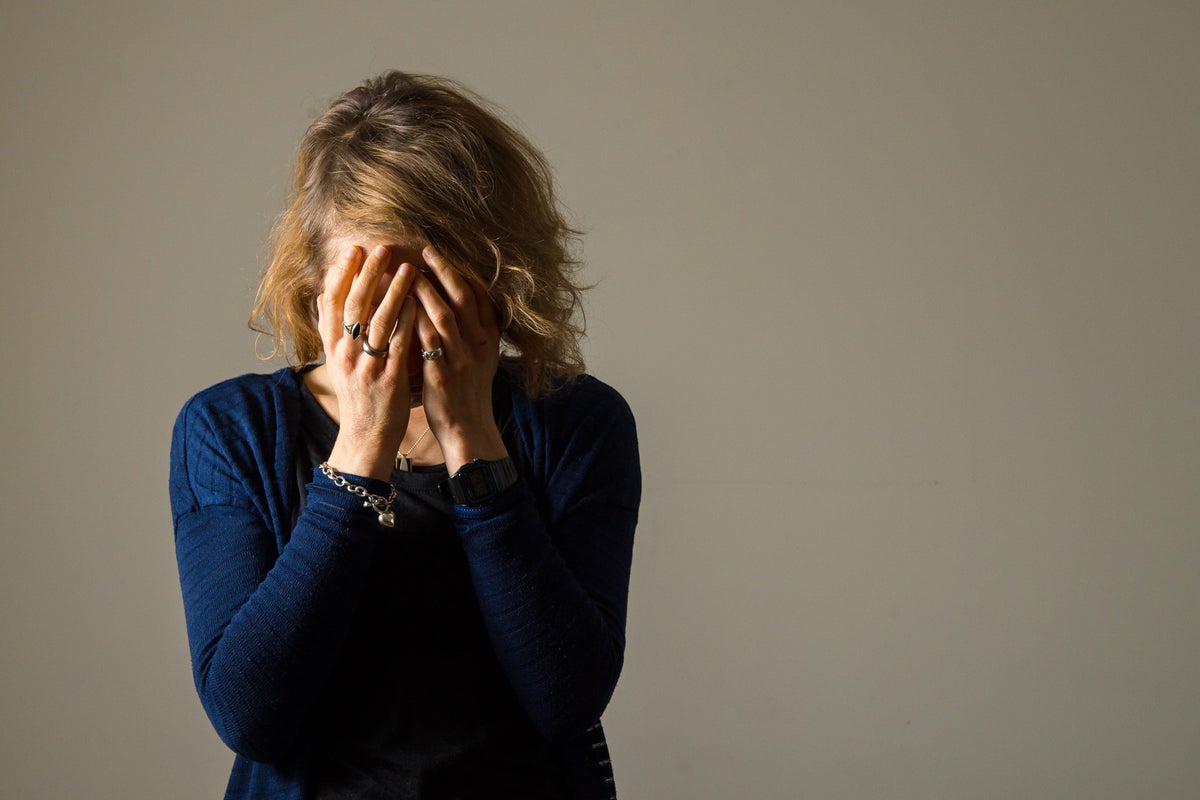Around one in seven (15%) women have had their money and economic resources controlled by another person in the previous 12 months, a survey indicates.
Two-fifths (42%) did not speak to anyone, such as a family member or friend, about what they were going through, according to the report from charity Surviving Economic Abuse (SEA).
The charity commissioned Ipsos UK to carry out a survey of more than 2,800 women across the UK in October and November 2024.
The research was developed by SEA with input from victim-survivors and academic advisers from London Metropolitan University and the University of Warwick.
The charity also found many women do not know anything about economic abuse.
Some 55% of women said they do not know anything about this form of domestic abuse and a third (33%) know “a little” about it.
Economic abuse is a dangerous and prevalent form of domestic abuse that takes many forms – including a current or ex-partner restricting access to money or bank accounts, damaging property or possessions, taking out loans or building up debt in a victim-survivor’s name, SEA said.
The report, Counting The Cost: The Scale And Impact Of Economic Abuse In The UK, indicated women from ethnic minority backgrounds, disabled women and younger women aged 18 to 24 were particularly likely to say they had experienced at least one form of economic abuse.
Meanwhile, 28% of women with children in the household had experienced economic abuse, compared with 10% of UK women without children, the research indicated.
The report also found victim-survivors who had heard the term “economic abuse” and knew something about it were more likely to seek help.
Get a free fractional share worth up to £100.
Capital at risk.
Terms and conditions apply.
Go to website
ADVERTISEMENT
Get a free fractional share worth up to £100.
Capital at risk.
Terms and conditions apply.
Go to website
ADVERTISEMENT
Those who had heard the term economic abuse were also more likely to speak to a domestic abuse charity or a bank.
Sam Smethers, chief executive of Surviving Economic Abuse, said: “Awareness is critical because those who are aware are more likely to get the help they need.
“Many are trapped in dangerous situations with an abuser or left with mountains of debt, homeless and experiencing this form of coercive control long after the relationship has ended.”
She said economic abuse is devastating for all victim-survivors, but the charity’s data “shows the impact of this abuse is felt particularly strongly by younger women, mothers, black and minoritised women and disabled women”.
The charity quoted one woman saying of her former partner: “He used money as a weapon – even after the relationship ended. I had to sell our home, live with the consequences of the bad credit he’d forced me into, and over 20 years later, I’m still in housing insecurity.
“Knowing this was economic abuse would have made such a difference. It’s not just ‘what happens’ after divorce – it’s abuse, and people need to know that. That’s why I tell anyone going through this to contact SEA, and to speak to their bank – there is help, and you’re not alone.”
Jess Phillips, the minister for safeguarding and violence against women and girls, said: “No woman should ever be trapped in an abusive relationship because of the suffering they will face if they try to leave, whether that is the threat of physical violence or the prospect of being plunged into poverty and homelessness.
“Tackling economic abuse – a true hidden crime – will be integral to achieving our ambition of halving violence against women and girls in a decade.”
The charity said “systemic change” must be driven across the public and private sectors, turning good practice into common practice, to transform the lives of victim-survivors.
It is also calling for the public to join its mission to raise awareness of economic abuse, to help people spot the signs and access support.
Surviving Economic Abuse highlighted some potential signs of economic abuse people can look out for:
1. Are they short of money or unable to buy inexpensive items even if they work? Have they asked to borrow money to pay bills or for essential items?
2. Do they say their partner deals with all money matters? Are their wages or benefits paid directly into their partner’s account? Are they counting the pennies, or seeking their partner’s permission before making any purchases?
3. Have they left their work when they liked their job?
4. Do they make excuses not to join friends for coffee and meals out?
5. Do they wear ill-fitting or worn-out clothing? Do they not have the money to go to the hairdresser or buy personal items?
The charity said people can support victim-survivors of economic abuse by telling them help is available and they are not alone.
It said people can also offer practical support, such as by offering a spare room or providing essential items such as food, clothing, and toiletries, as well as having information about domestic abuse services to hand.




